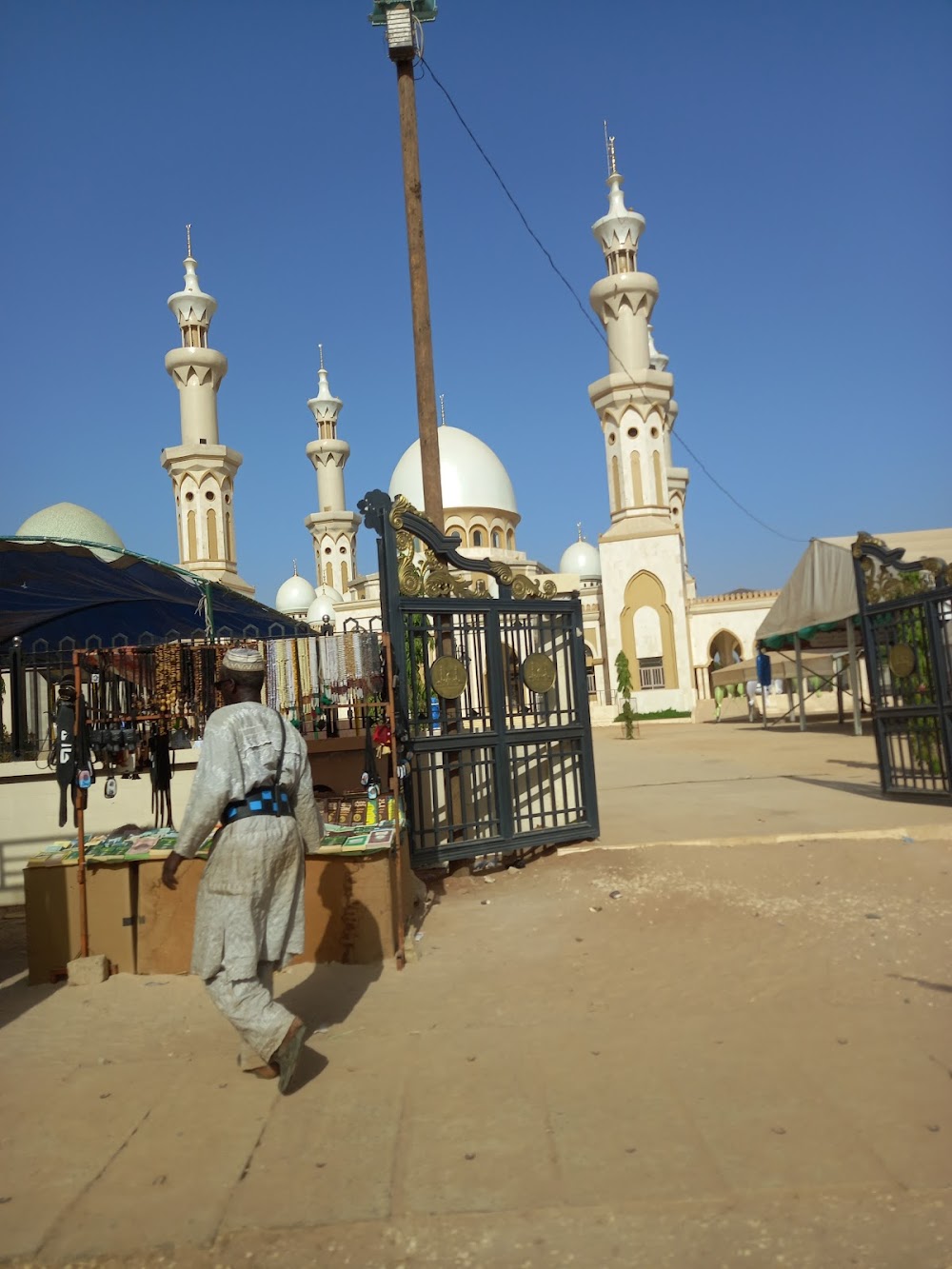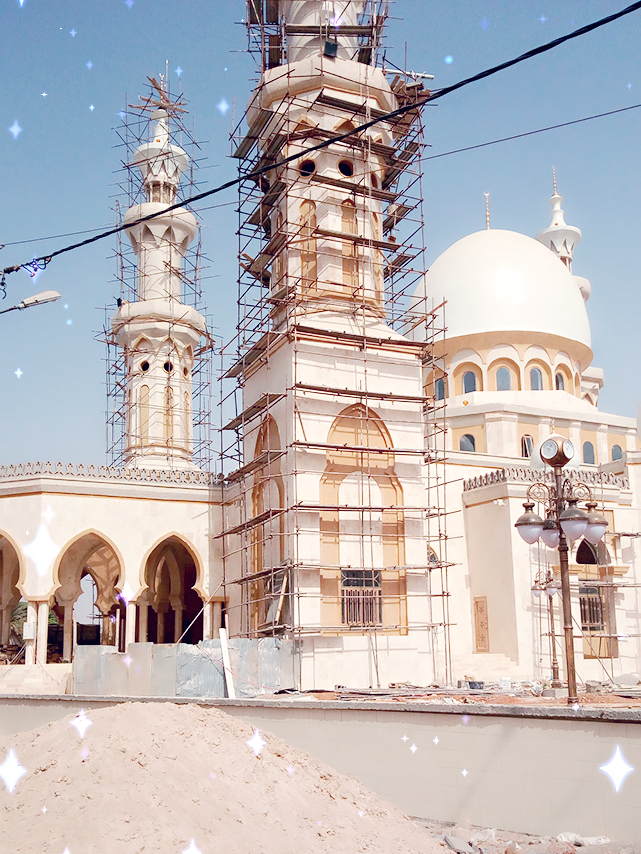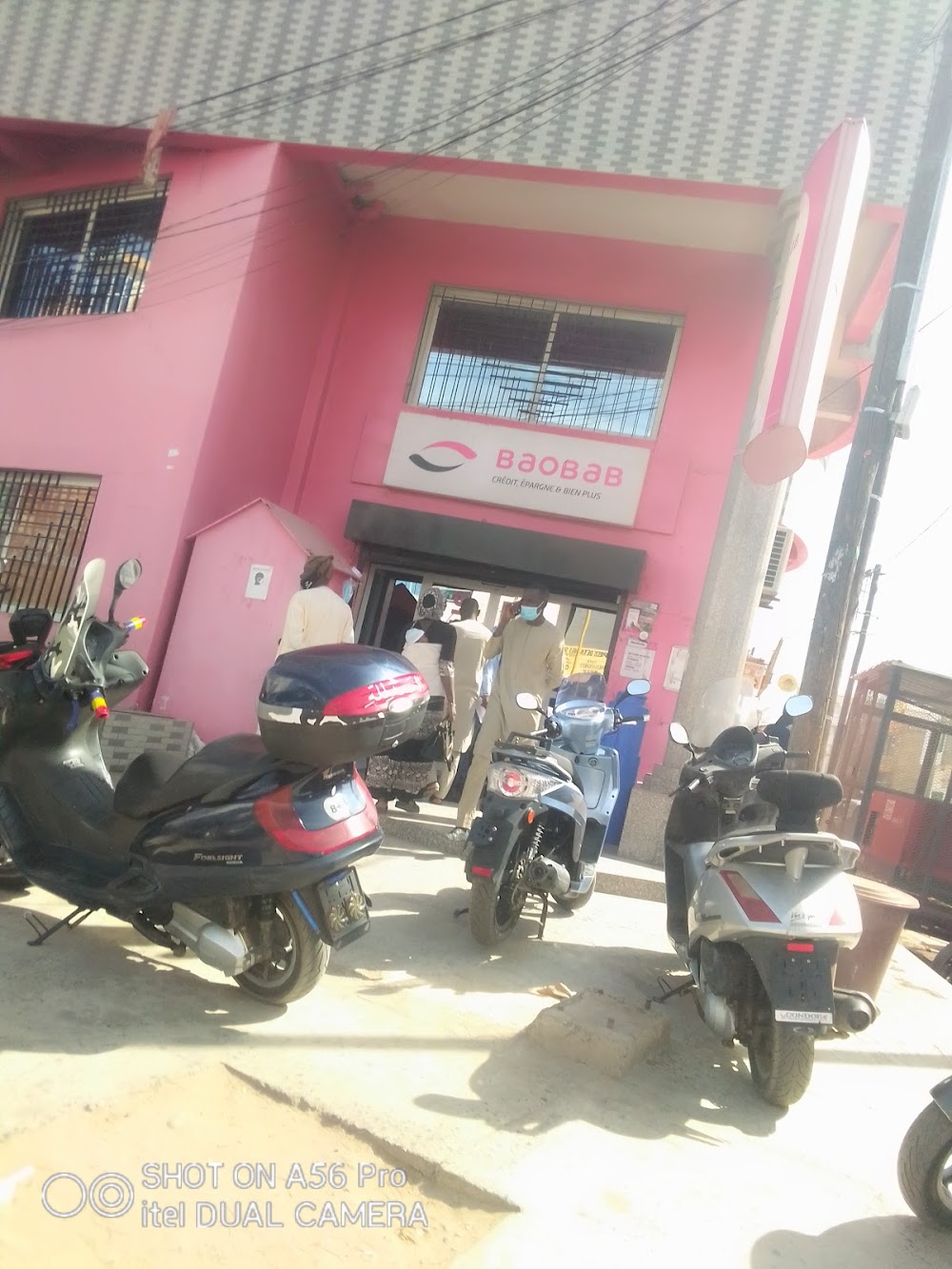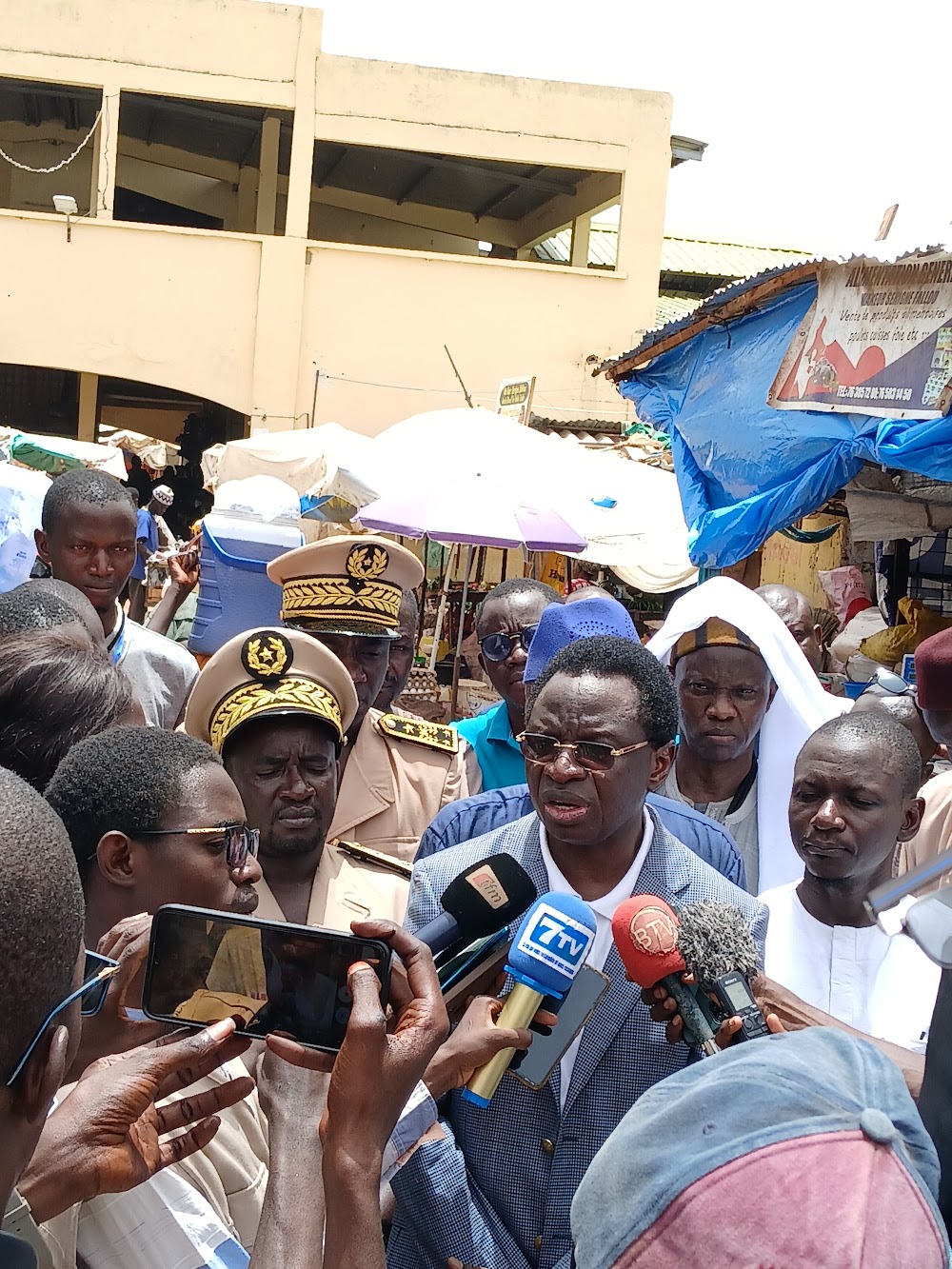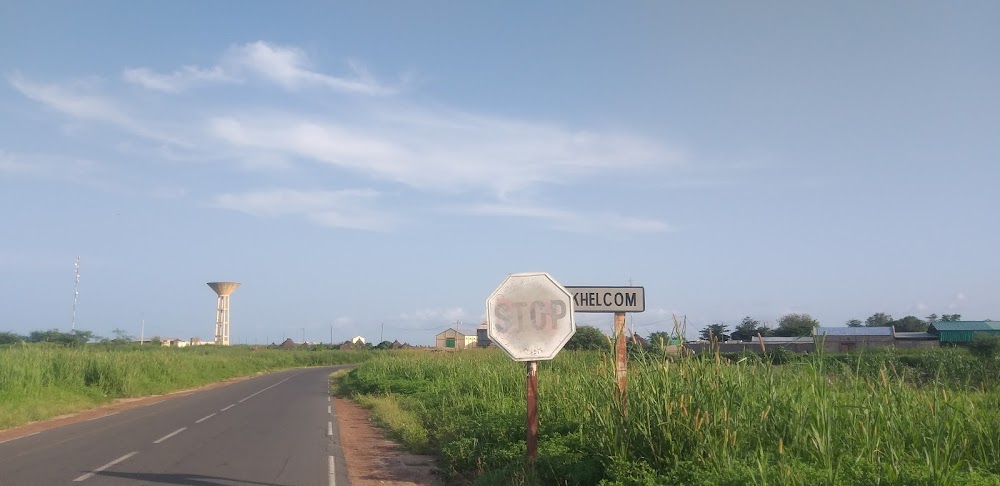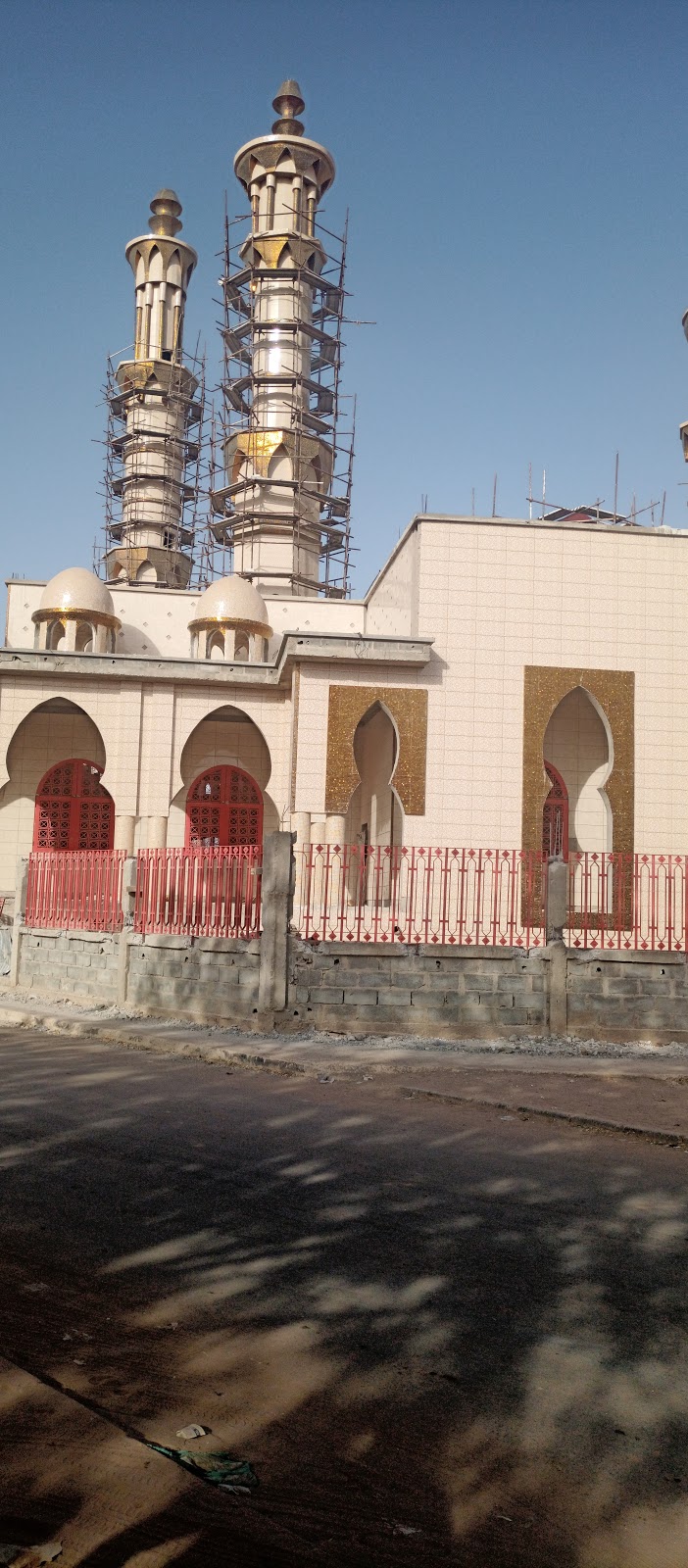Porokhane Village (Village de Porokhane)
Overview
**Prokhane: A Serene Village of History and Spirituality**
Prokhane, also known as Porokhane, is a tranquil village located in the Diourbel Region of Senegal. This charming destination is steeped in history, culture, and spirituality, making it a significant site for many individuals in Senegal and beyond.
In the **19th century**, Prokhane rose to prominence as the final resting place of Sokhna Diarra Bousso, the revered mother of Cheikh Ahmadou Bamba, the founder of the Mouride brotherhood. Her grave transformed the village into a notable pilgrimage site, attracting visitors from near and far each year. Pilgrims come to pay their respects and seek blessings, underscoring the village's profound spiritual significance.
The village's development began humbly, characterized by basic mud-brick homes and thatched roofs. Local craftspeople utilized readily available materials from the surrounding environment, such as clay, straw, and wood. The construction of these homes was a community endeavor, with residents uniting to lend a helping hand.
Over the years, as the number of pilgrims increased, the village infrastructure began to improve. In response to this growth, both locals and the broader Mouride community contributed to building more robust and permanent structures. Traditional materials gradually gave way to cement, bricks, and corrugated iron, offering enhanced comfort and durability for residents and visitors alike.
To accommodate the influx of visitors, community leaders prioritized establishing essential services. Guesthouses were constructed to welcome pilgrims, and mosques were erected to cater to their spiritual needs. The main mosque in Prokhane stands as a symbol of unity and devotion, serving as a gathering place for the faithful to pray and reflect on their spiritual journeys.
**Education** has also been a cornerstone of Prokhane's development. A madrasa was established to provide both religious and formal education for the village’s children. This institution not only imparts Quranic knowledge but also promotes general literacy and enlightenment in the community, nurturing the minds of future generations.
Healthcare in Prokhane has seen significant advancements as well. A healthcare center was built to address the medical needs of both villagers and visitors. Skilled healthcare professionals provide essential services, ensuring that everyone receives proper care during their time in Prokhane.
The **economy** of Prokhane is primarily centered around agriculture and craftwork. The fertile soil of the Diourbel Region allows villagers to cultivate millet, peanuts, and a variety of vegetables. These crops are often sold at local markets, contributing to the village's economic stability. Additionally, local artisans create beautiful pottery and woven goods that reflect the rich cultural heritage of the area.
Prokhane is also characterized by its close-knit community spirit. Festivals and community gatherings are commonplace, fostering a sense of solidarity and mutual support among residents. Traditional music, dance, and storytelling play integral roles in these events, helping to preserve the village's cultural identity.
In conclusion, Prokhane is a village deeply rooted in history, spirituality, and community. From its modest beginnings, it has evolved into a place of great significance and improved infrastructure. The collective efforts of its residents and the broader Mouride community have transformed Prokhane into a cherished destination, honoring its past while embracing the future.


